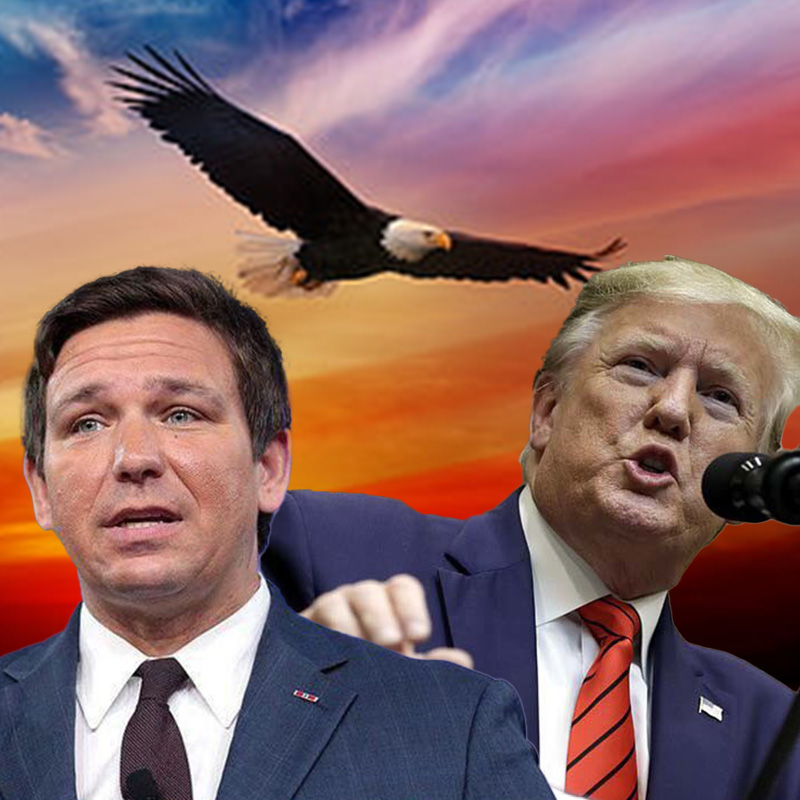In a recent legal battle that has captured national attention, a law enforcement official is suing Florida Governor Ron DeSantis, alleging retaliation for whistleblowing. The official, whose identity remains confidential due to the sensitive nature of the disclosures, claims to have reported instances of corruption and misconduct within the state’s law enforcement agencies. The lawsuit alleges that after the whistleblower’s reports, Governor DeSantis and his administration took punitive actions, including demotion and harassment, against the whistleblower.
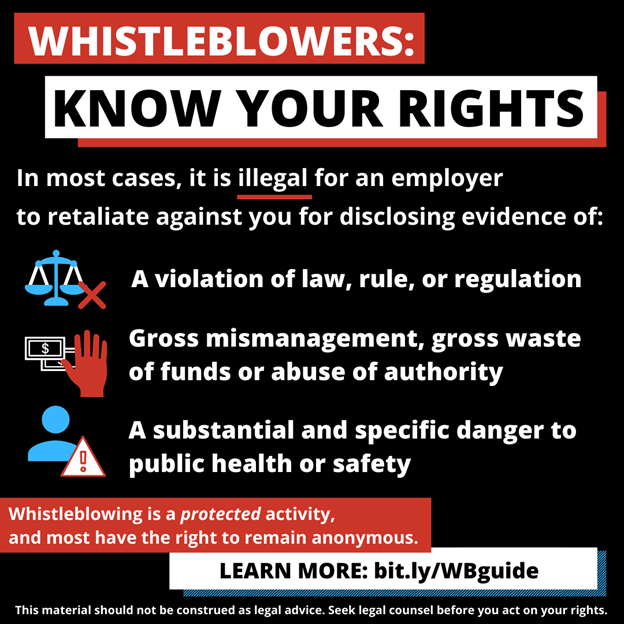
The whistleblower’s legal team argues that these retaliatory actions are not only unjust but also illegal under state and federal whistleblower protection laws. They contend that the governor’s administration sought to silence dissent and discourage other potential whistleblowers from coming forward. The lawsuit is significant as it challenges the accountability and transparency of high-ranking state officials and their commitment to ethical governance.
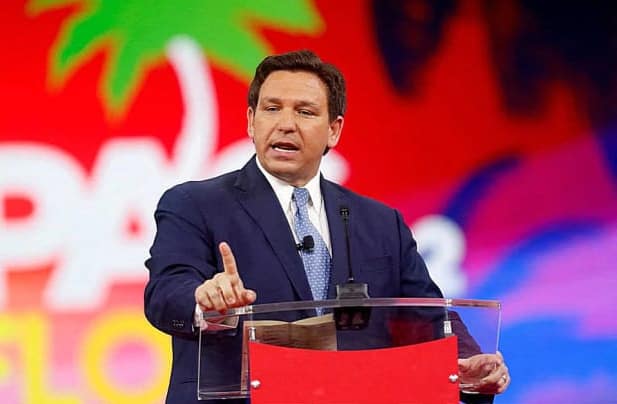
Governor DeSantis has publicly denied the allegations, stating that any personnel changes were made based on performance and operational needs, not retribution. His administration has labeled the lawsuit as politically motivated, aimed at undermining his administration’s credibility and policies. DeSantis, a prominent Republican figure with national ambitions, faces scrutiny as this case unfolds, potentially impacting his political career.
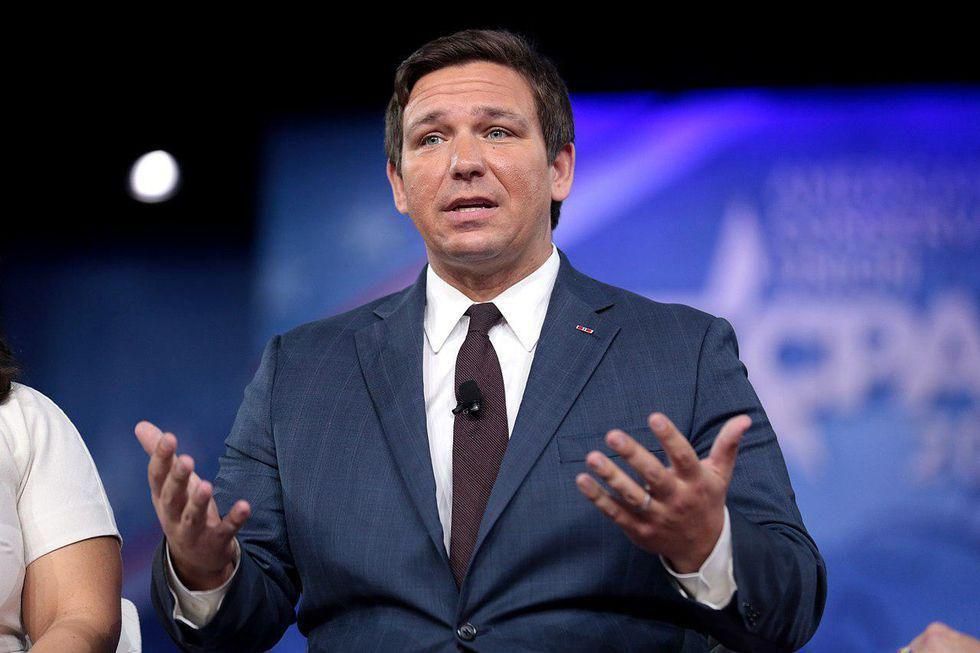
The case underscores the broader issues of whistleblower protections and the balance of power within government institutions. Advocates for whistleblowers argue that robust protections are essential for maintaining integrity and rooting out corruption within public offices. They stress that without these protections, government employees may be deterred from reporting wrongdoing, allowing misconduct to flourish unchecked.
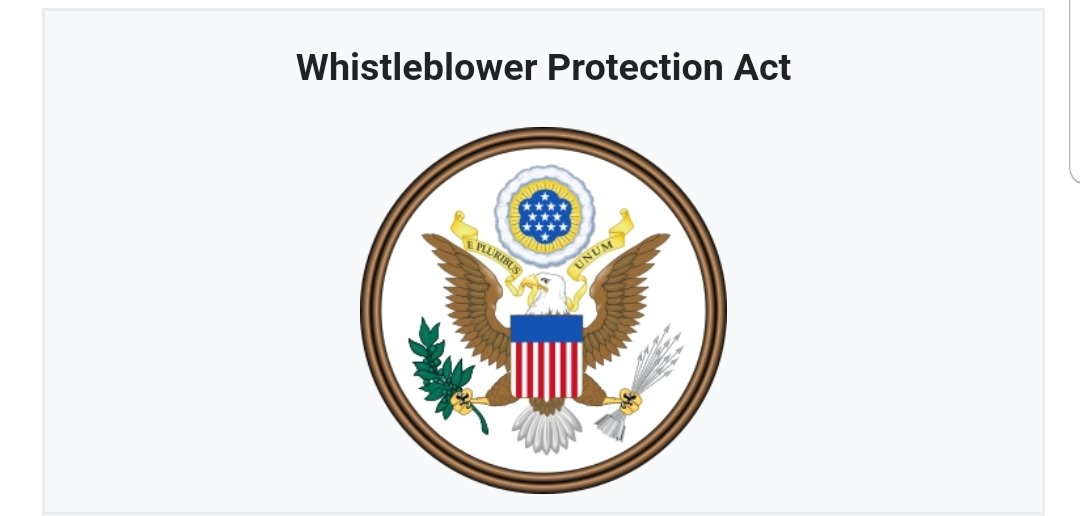
This legal battle also raises questions about the effectiveness of existing whistleblower protection laws. Critics argue that despite these laws, whistleblowers often face significant risks and challenges, including professional retaliation and personal attacks. The outcome of this case could prompt legislative reviews and reforms to strengthen these protections further.
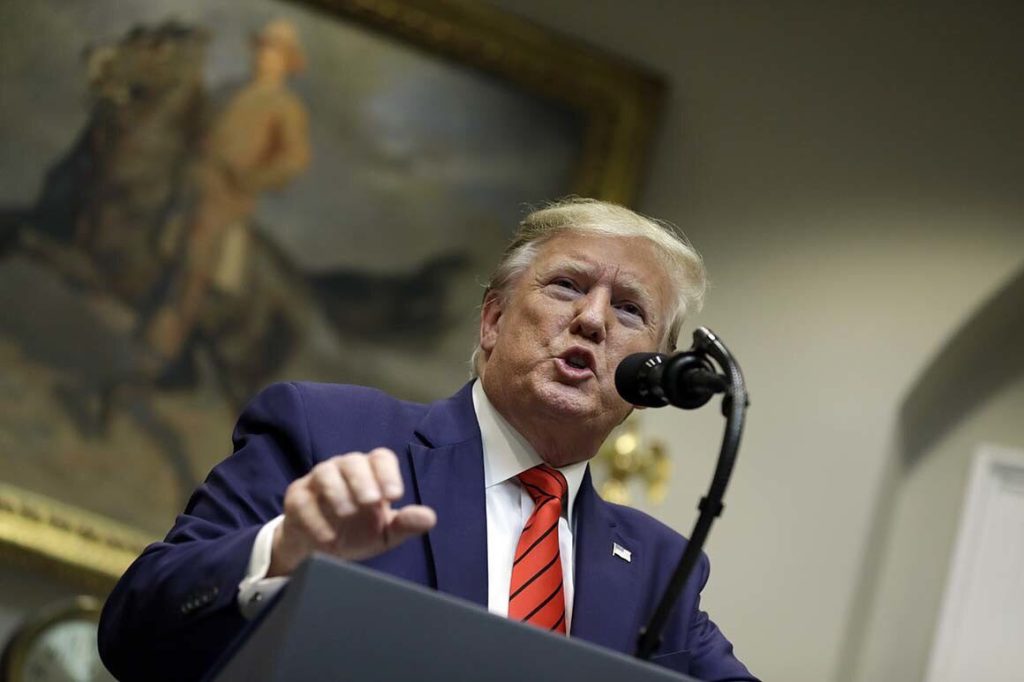
Comparing this to the justices upholding Trump’s tax on overseas investments provides an interesting juxtaposition of legal principles and governmental authority. The U.S. Supreme Court’s decision to uphold the tax imposed by former President Donald Trump on overseas investments demonstrates a different aspect of governance and judicial oversight. This tax, part of the Tax Cuts and Jobs Act of 2017, aimed to curb the practice of American companies shifting profits to low-tax jurisdictions abroad.
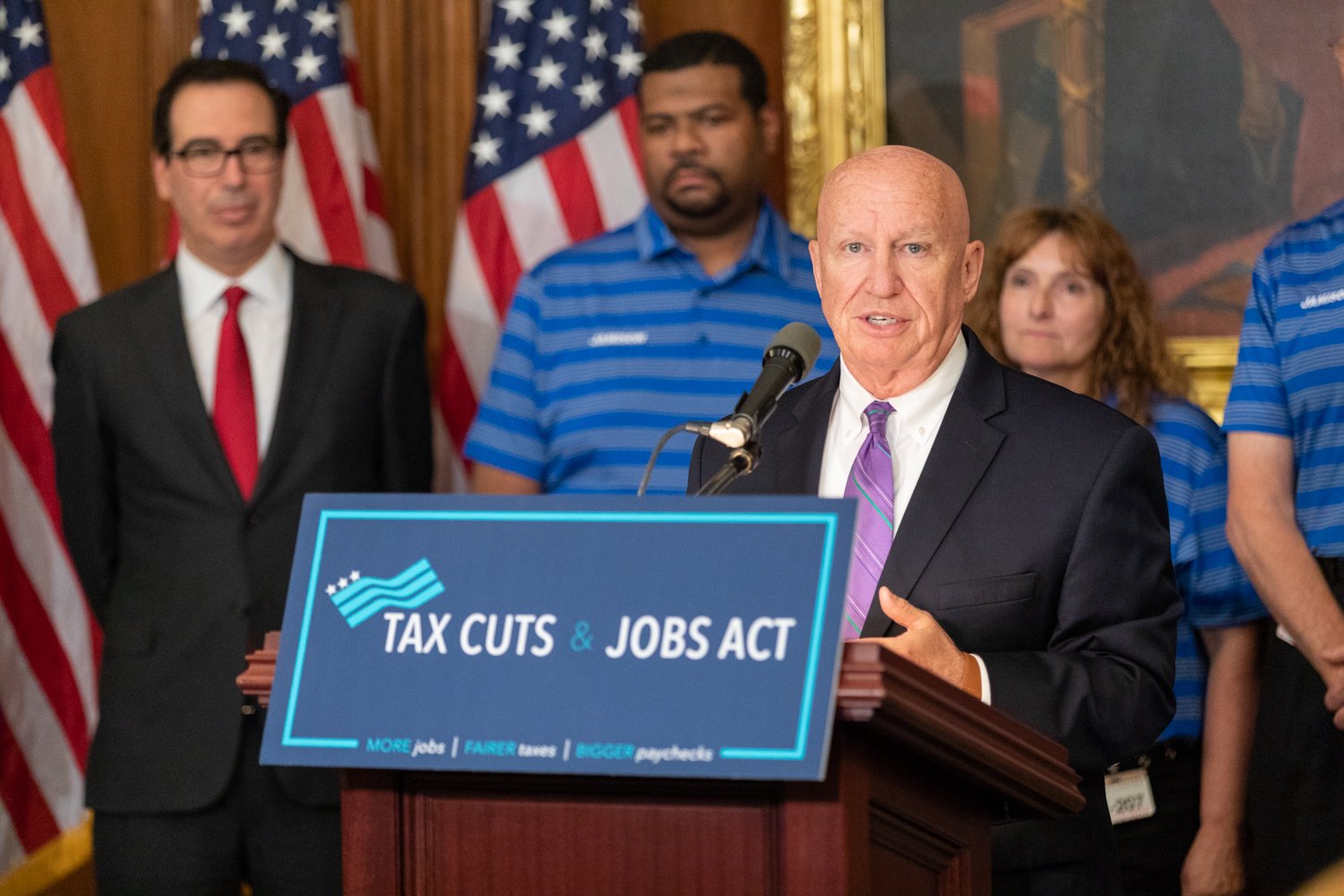
The Supreme Court’s ruling reaffirmed the government’s authority to implement tax policies that address economic and fiscal concerns. This decision was rooted in constitutional interpretations of Congress’s power to levy taxes and regulate international commerce. By upholding this tax, the Court reinforced the legislative branch’s ability to enact measures designed to protect the U.S. economy and ensure a fairer tax system.

While both cases involve high-level governmental actions, they highlight different facets of legal and administrative processes. The whistleblower lawsuit against DeSantis centers on issues of individual rights, governmental transparency, and accountability. It questions the ethical obligations of public officials and the protections afforded to those who expose wrongdoing within the government.
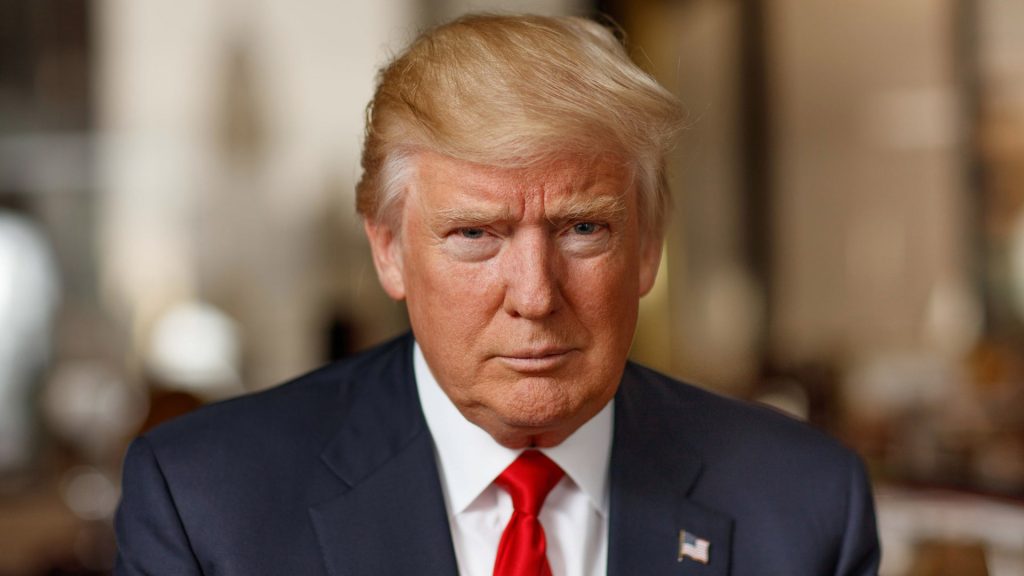
In contrast, the Supreme Court’s decision on Trump’s tax policy deals with the broader economic implications and the legislative scope of tax regulations. It emphasizes the judiciary’s role in interpreting the constitutionality of economic policies and their alignment with national interests.
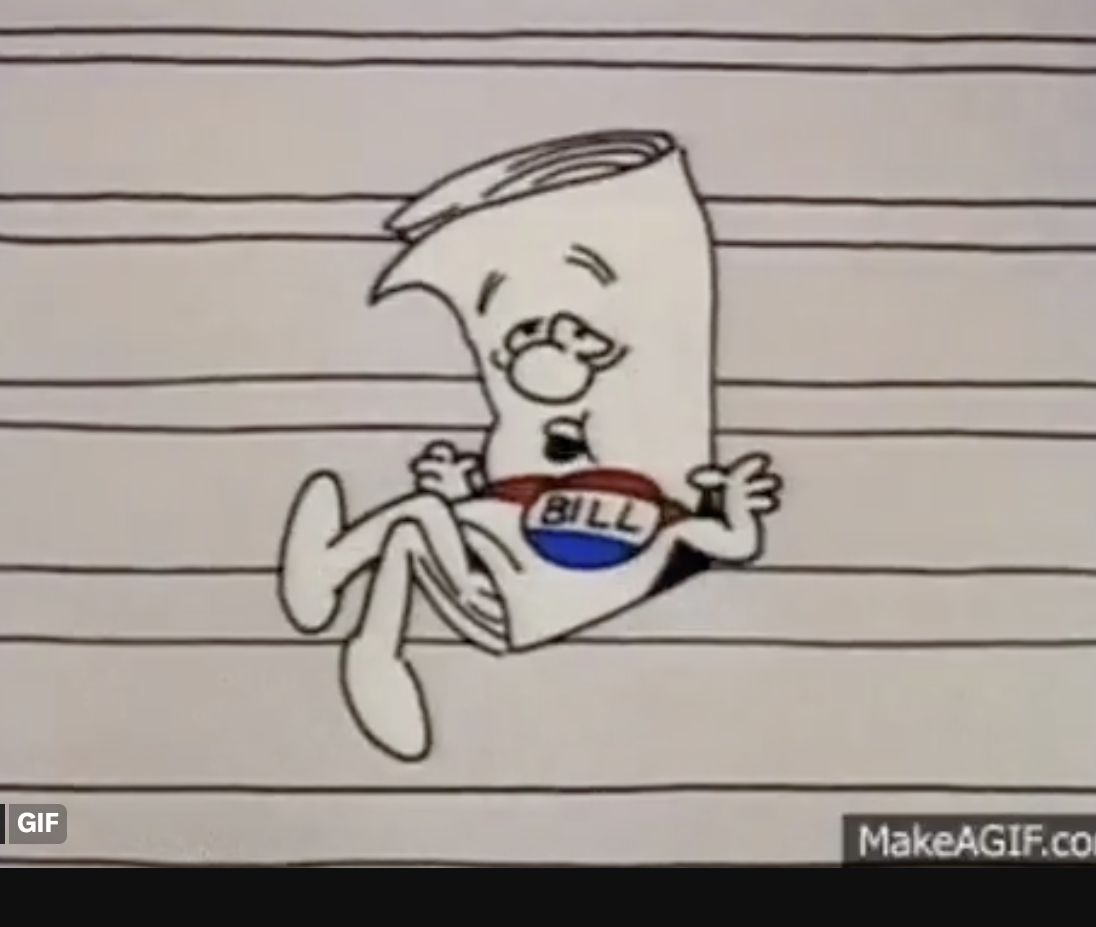
Both scenarios underscore the complexity and importance of judicial and legal mechanisms in maintaining the balance of power and safeguarding democratic principles. The whistleblower case may lead to a deeper examination of how whistleblowers are treated and protected, potentially resulting in stronger safeguards for those who come forward with critical information.
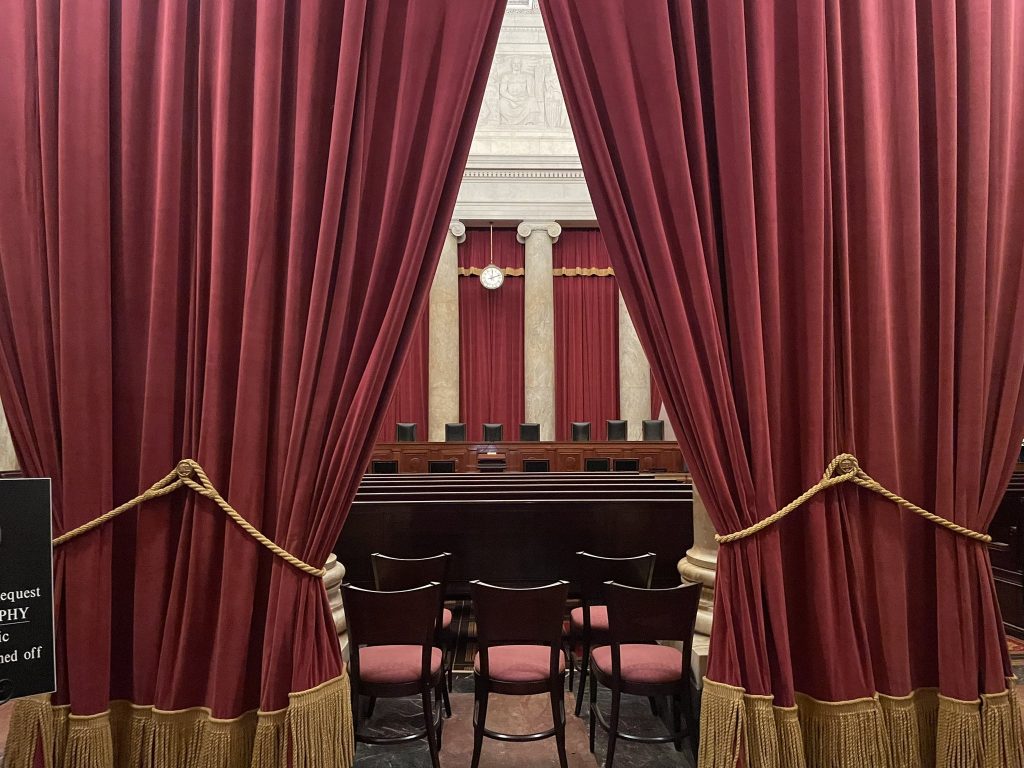
The Supreme Court’s decision on the tax on overseas investments reinforces the importance of judicial oversight in economic policymaking and the need for policies that address global financial practices affecting the U.S. economy.
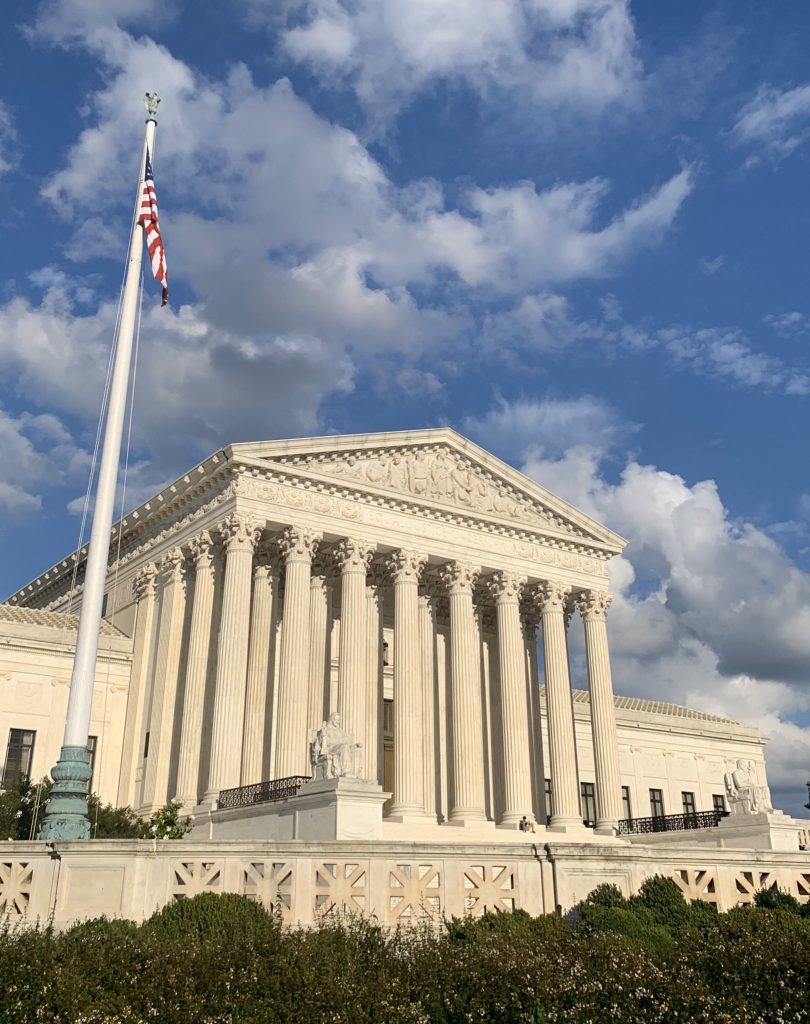
The whistleblower lawsuit against Governor DeSantis and the Supreme Court’s upholding of Trump’s tax policy on overseas investments are distinct in their legal contexts, they both reflect the ongoing dialogue about government accountability, transparency, and the rule of law. Each case, in its way, contributes to the evolving landscape of American legal and political discourse.

